The Vanguard FSVX and Vanguard SSVX exchange-traded funds (ETFs) both track the Standard & Poor’s 500 Index, but the Vanguard FSVX has a higher expense ratio than the Vanguard SSVX. The Vanguard FSVX has an expense ratio of 0.10%, while the Vanguard SSVX has an expense ratio of 0.05%. The higher expense ratio of the […]
What Does Expense Ratio Mean In Etf
What Does Expense Ratio Mean In Etf The expense ratio is a measure of how much it costs to own an ETF. It is calculated by dividing the total annual operating expenses of the ETF by the average daily net assets of the ETF. Operating expenses include management fees, administrative fees, and other expenses. The […]
What Is A High Expense Ratio For Etf
What is a high expense ratio for ETF? An expense ratio is the percentage of a fund’s assets that are used to cover administrative costs and management fees. For ETFs, this ratio is usually expressed as a percentage of the fund’s net assets. Generally speaking, a higher expense ratio means a lower return for investors. […]
What Is An Expense Ratio On An Etf
An expense ratio is a measure of how much a mutual fund or ETF charges to its investors to cover the fund’s operating costs. These costs can include management fees, administrative fees, and other expenses. The expense ratio is expressed as a percentage of the fund’s assets and is calculated annually. It’s important to consider […]
How Does Etf Expenses Ratio Effect Yeild
When it comes to investing, there are a lot of factors that go into making a decision on where to put your money. One important factor to consider is the cost of the investment. This is especially true when it comes to exchange-traded funds (ETFs), which can have a wide range of expenses ratios. What […]
What Is A High Expense Ratio For An Etf
What is a high expense ratio for an ETF? Most ETFs have an expense ratio of less than 1.0%. However, there are a small number of ETFs that have an expense ratio of 2.0% or more. These high expense ratio ETFs can significantly reduce your return over time. There are a few factors that can […]
How To Keep Expense Ratio Low Etf
Investors typically look for low expense ratios (ER) when choosing Exchange-Traded Funds (ETFs), as this is one of the best measures of how much of the fund’s return is left for the investor after the management fees are paid. The average ER for equity ETFs is currently 0.51%, while the average for fixed income ETFs […]
What Was Is An Expense Ratio For Etf Definition
What Was Is An Expense Ratio For Etf Definition An expense ratio is the percentage of a fund’s assets that goes toward operating expenses and management fees. This figure is important to consider when choosing a mutual fund, as it can have a significant impact on the fund’s returns. The expense ratio for a mutual […]
What Is Net Expense Ratio On An Etf
An ETF’s net expense ratio is the percentage of its total assets that are used to cover its management costs and other expenses. This ratio is important to consider when comparing ETFs, as it can help you determine which ones have the lowest costs. The net expense ratio includes a number of different costs, including […]
How Does An Etf ‘s Expense Ratio
An ETF’s expense ratio is the percentage of its total assets that are used to cover the costs of running the fund. This includes things like the management fees, administrative costs, and marketing expenses. The expense ratio can vary from fund to fund, but it’s important to be aware of it when you’re considering investing […]

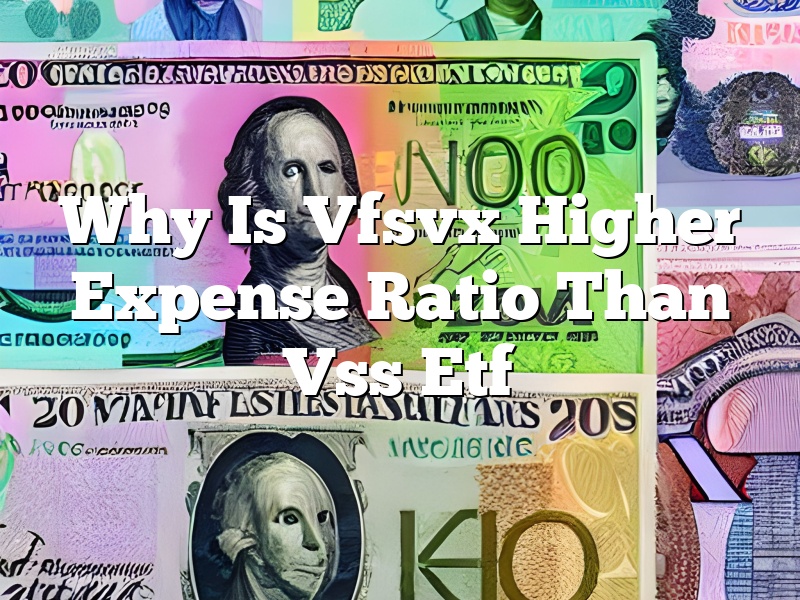



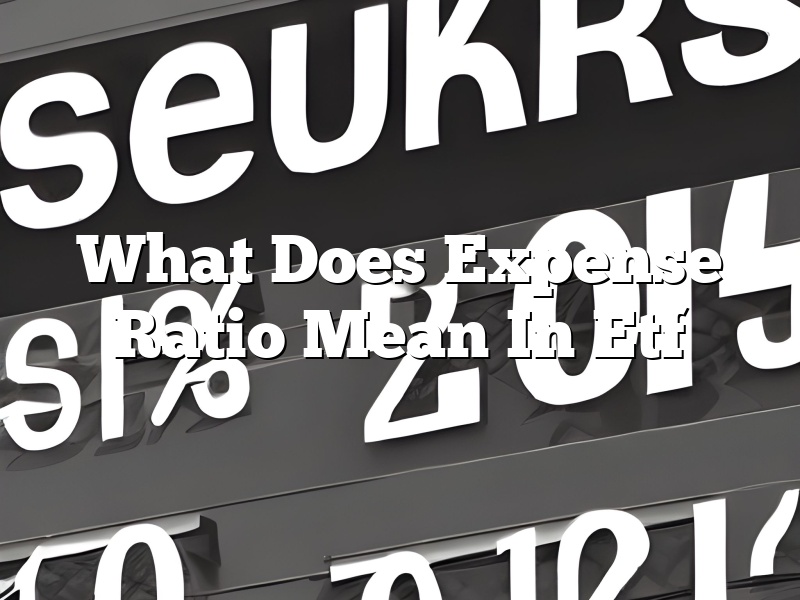



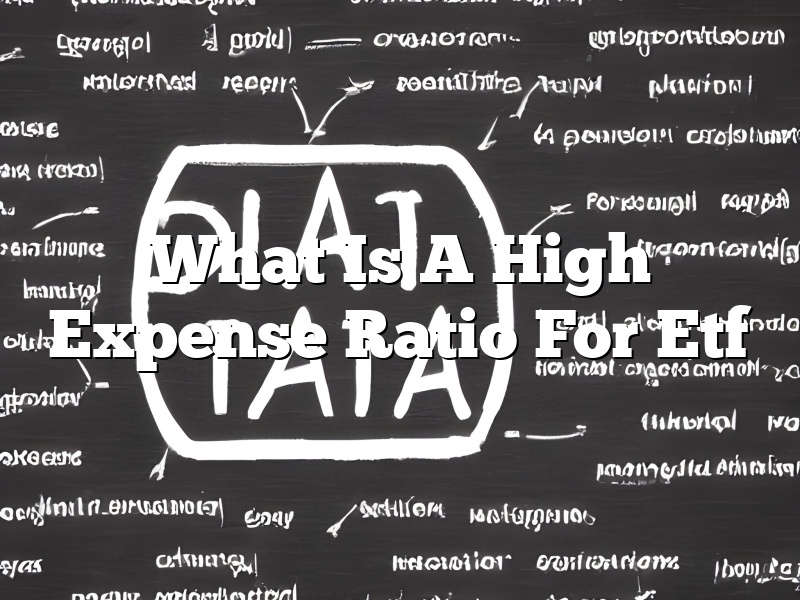



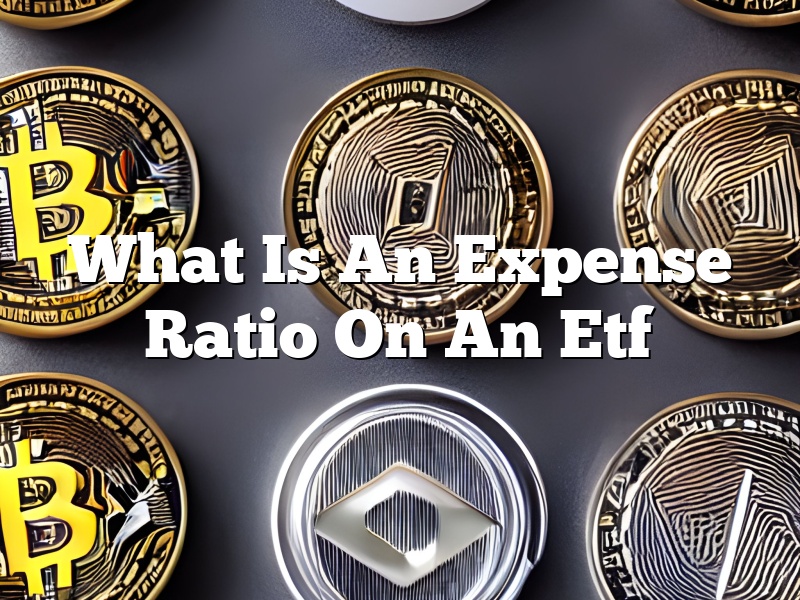



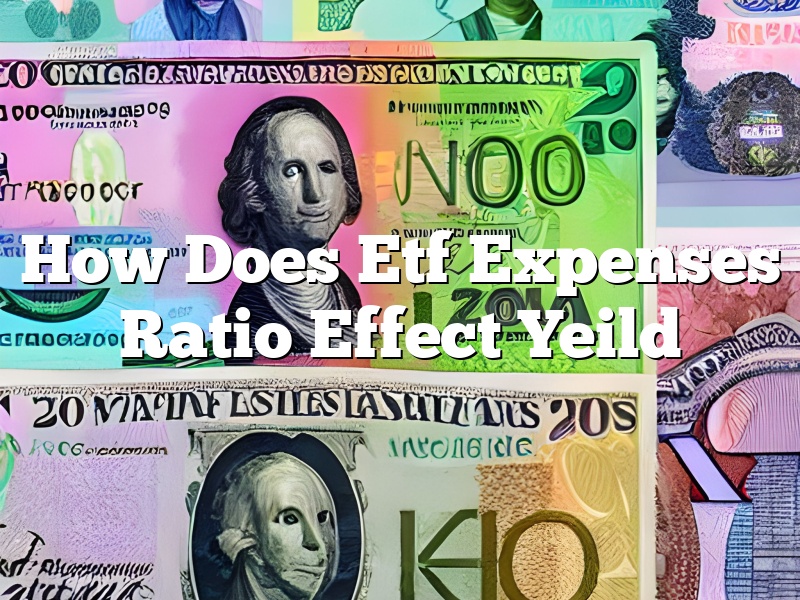



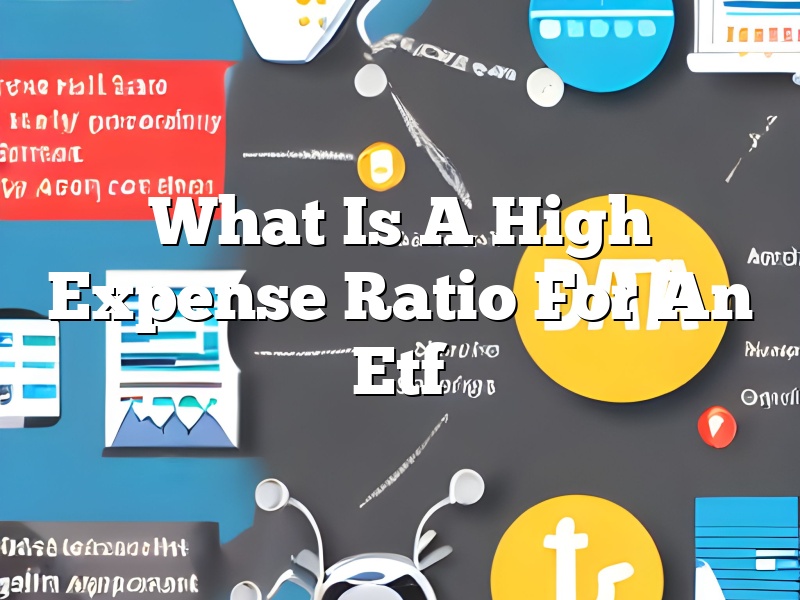
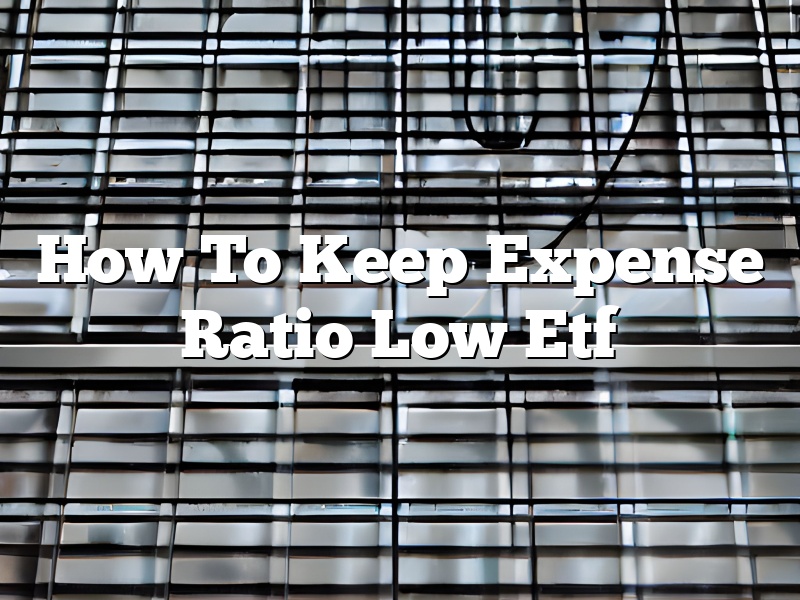




0